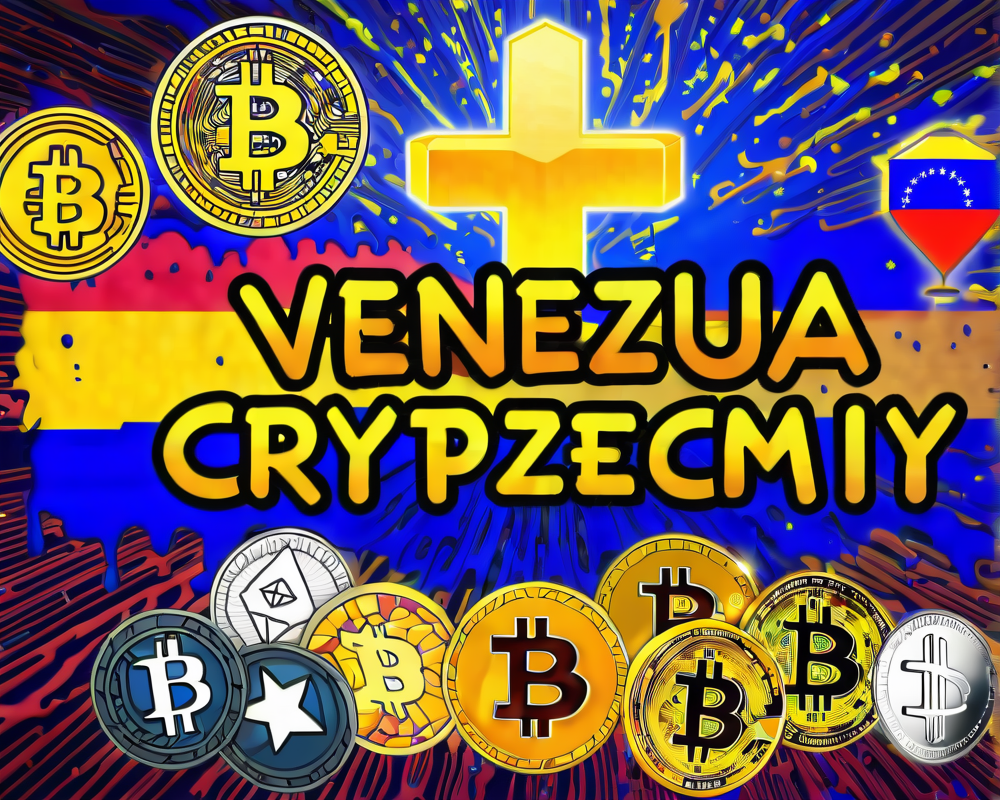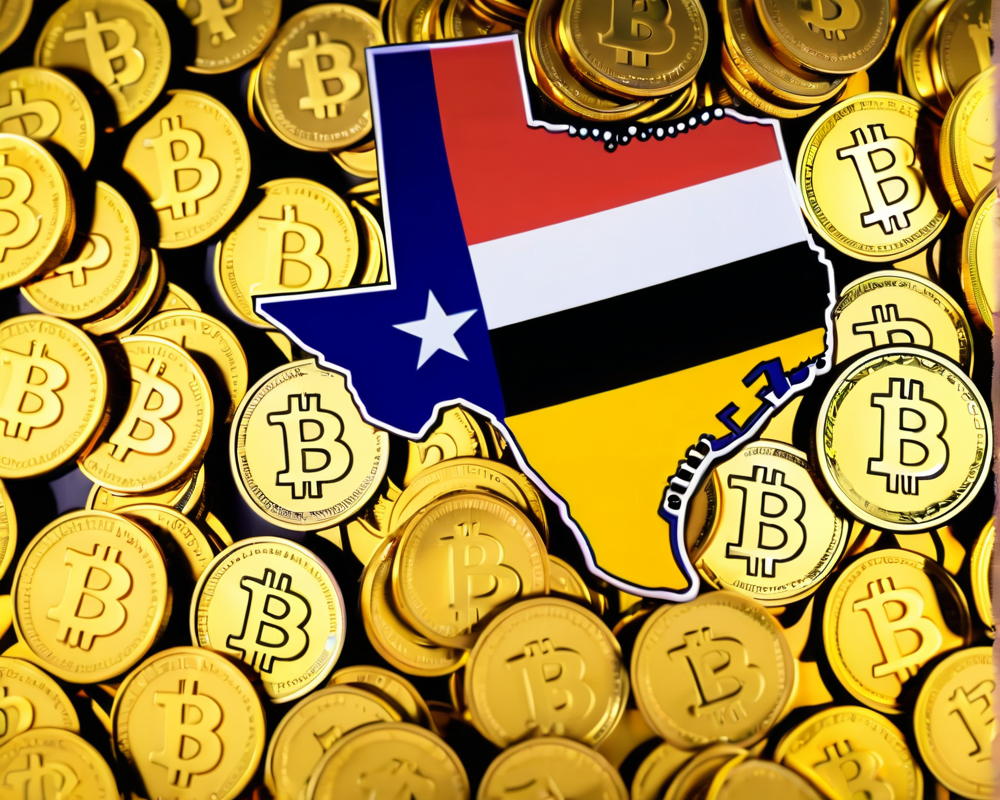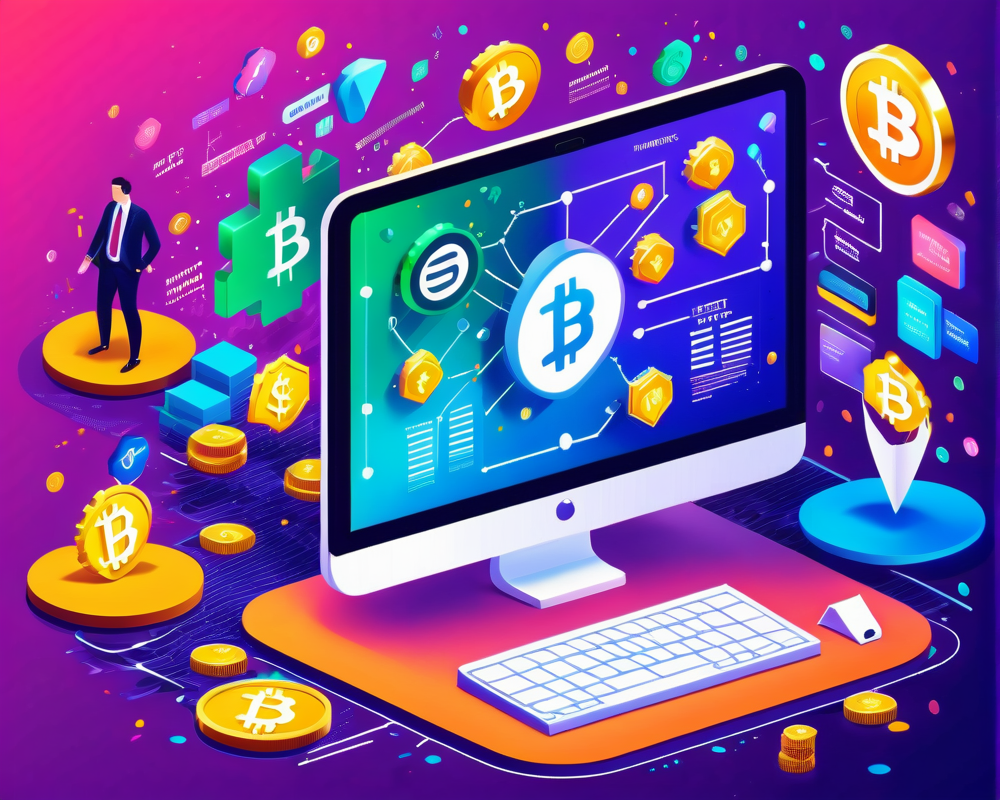Petro’s Grand Introduction
When Venezuela’s President Nicolás Maduro introduced the Petro, he was as enthusiastic as a kid on Christmas morning. He hailed it as a revolutionary breakthrough: a state-supported, oil-backed cryptocurrency designed to rescue the nation grappling with hyperinflation. But, spoiler alert, this story doesn’t have a happy ending. Those living in Venezuela and others who made their escape view the Petro as little more than an elaborate magic trick—abracadabra, and watch your money disappear!
A Political Quagmire
Diving into Venezuela’s political landscape is like trying to navigate a labyrinth blindfolded. On one side are the Chavistas, loyal to the socialist legacy of Hugo Chavez, while on the other, we have the fed-up citizens yearning for change. Maduro attempts to channel Chavez’s former glory but falls short, leading to widespread unrest. With the economy tanking faster than a lead balloon, many turn to cryptocurrency as a safety raft. Unfortunately, for most Venezuelans, being crypto-savvy is like being fluent in unicorn—elusive and rare.
Cryptocurrency: A Luxury for the Few
You might think the Petro has garnered country-wide support, but the reality is a little more sobering. Ricardo, who fled Venezuela, points out that around 80% of the population hasn’t just been living paycheck to paycheck—they’re living under the poverty line. Sure, a handful of folks might invest in cryptocurrency, but it’s a teeny-tiny fraction equipped with smartphones and the know-how to navigate the crypto world. Even the most optimistically inclined would have to agree that the dreams of financial liberation via Petro are likely just that—dreams.
Propaganda or Privilege?
Social media posts with hashtags like #AlFuturoConElPetro seem to funnel a steady stream of government-driven enthusiasm. However, many argue that these campaigns are just state-sponsored pep rallies trying to distract from a sinking ship. Luis, another Venezuelan, says, “There’s hardly any buzz about the Petro in the streets. Most of the tech-savvy youth have left the country. So, what you find wandering the streets now isn’t a savvy crypto community, but rather people struggling to get by.”
Mining Mayhem
With Venezuela’s attractive electricity rates, it was once a mining hotspot. But after years of arrests, robberies, and broader crackdowns, many miners find themselves beleaguered. Sure, the government reassures that mining isn’t illegal, but those on the ground have a different story to tell. Rómulo voices a sentiment echoed by many: “The Petro is merely a mask for evading sanctions and a tool for corrupt officials to maintain control.”
The Bottom Line: Reality Check
So where does that leave us with the Petro? Is it a futuristic currency or just a well-disguised con job? As Alexander puts it, “This coin isn’t about benefiting the people; it’s more a strategy to prop up a crumbling regime.” Many remain skeptical about its oil reliance and overall legitimacy. The consensus? The Petro might just be a scheme to sustain power, ensuring those at the top keep accumulating wealth while the masses keep searching for bread—and perhaps a bit of hope.




